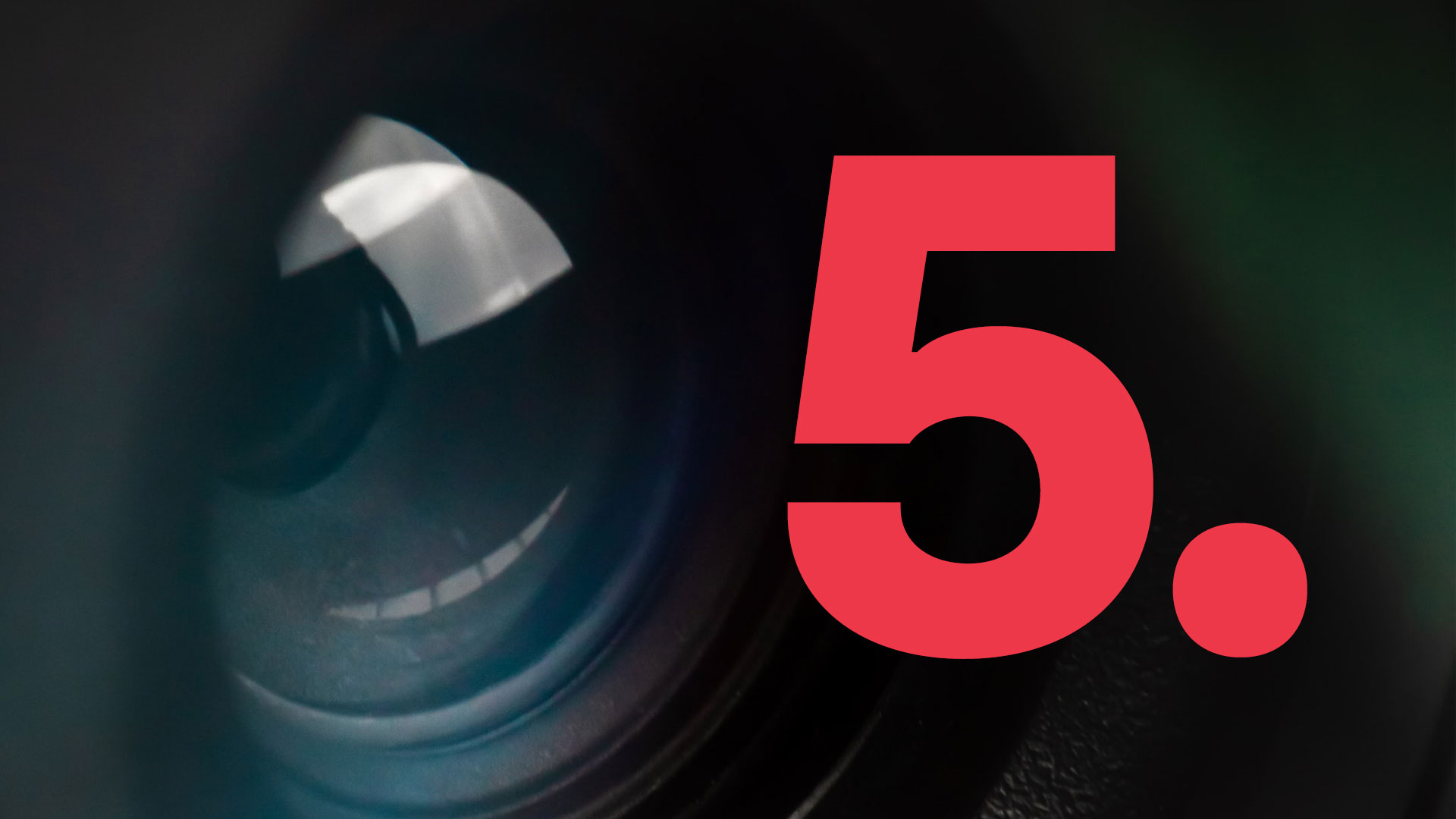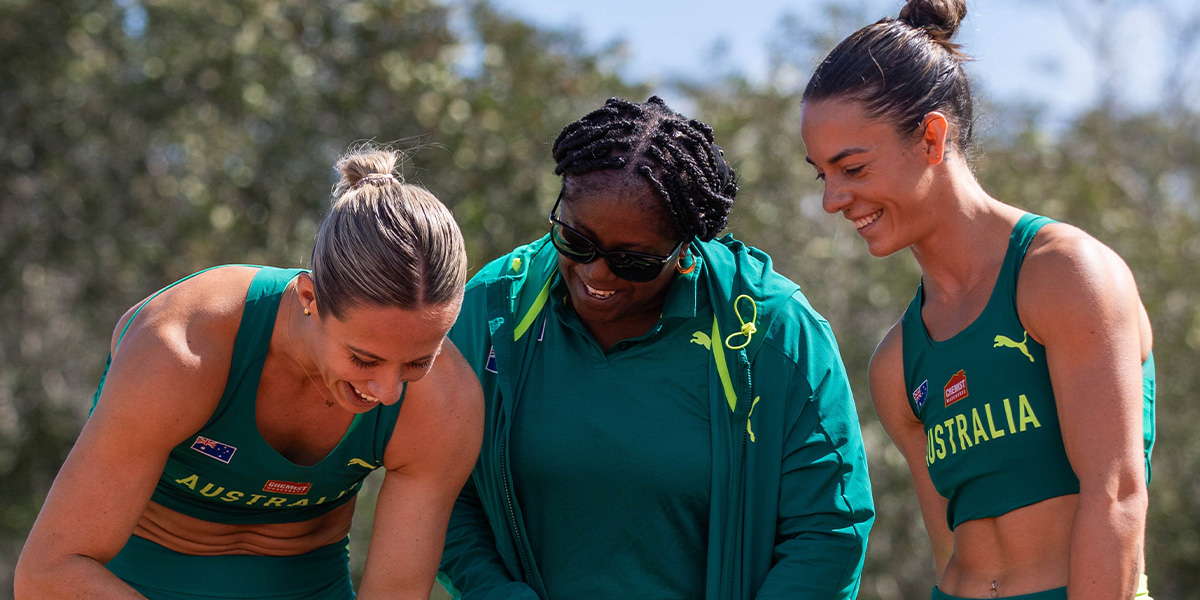Financial news was at the forefront from the beginning of 2022, where January saw the Australian Institute of Sport (AIS) commit $247 million dollars to the 2024 Paris Olympic Games, which was followed by DAZN nearing an USD$800 million takeover of BT Sport, Cricket Australia announcing a $50 million loss due to the cancellation of the New Zealand series, and the NFL recording $2.5 billion in sponsorship revenue.
In February, the NCAA released their financial report, where they brought in US$1.15 billion in revenue, meanwhile in Europe, UEFA announced that clubs were set to lose over $7 billion, additionally, the AFL announced a loss of $43 million due to the pandemic, while their counterparts, the NRL, reported a surplus of $43.1 million.
The AIS hit the news again in March, as they committed $1.15 million in infrastructure grants, before the UFC announced their best financial year to date as they brought in $5.1 billion.
In May, the International Olympic Committee (IOC) reported a $7.6 billion in revenue over an extended cycle.
















